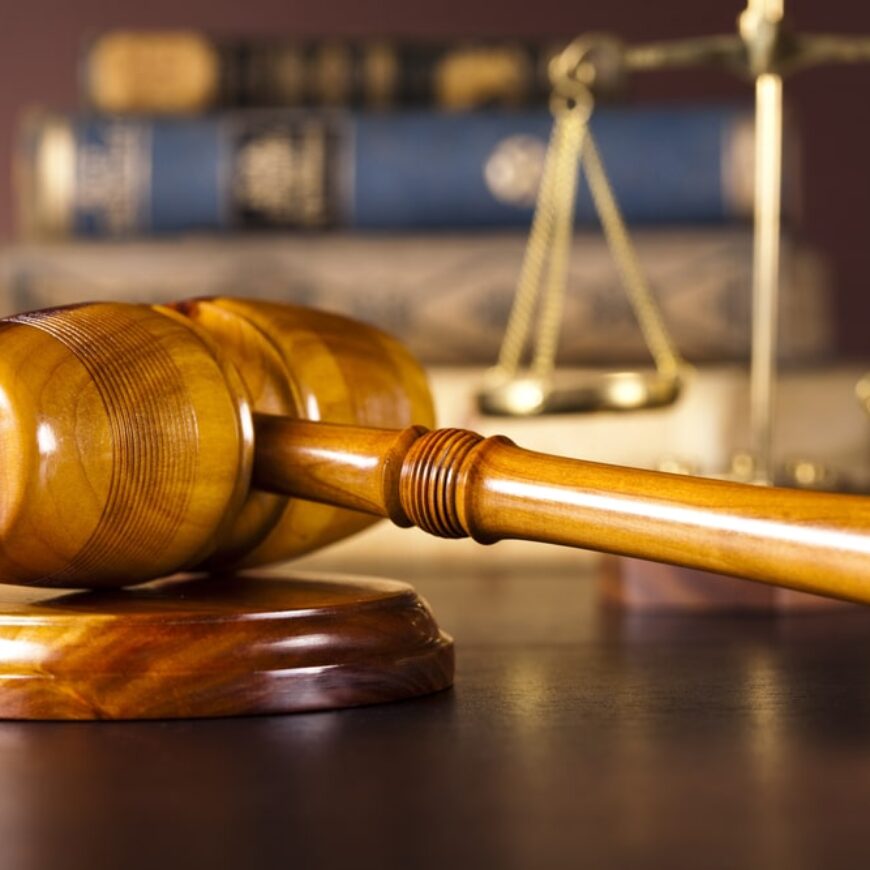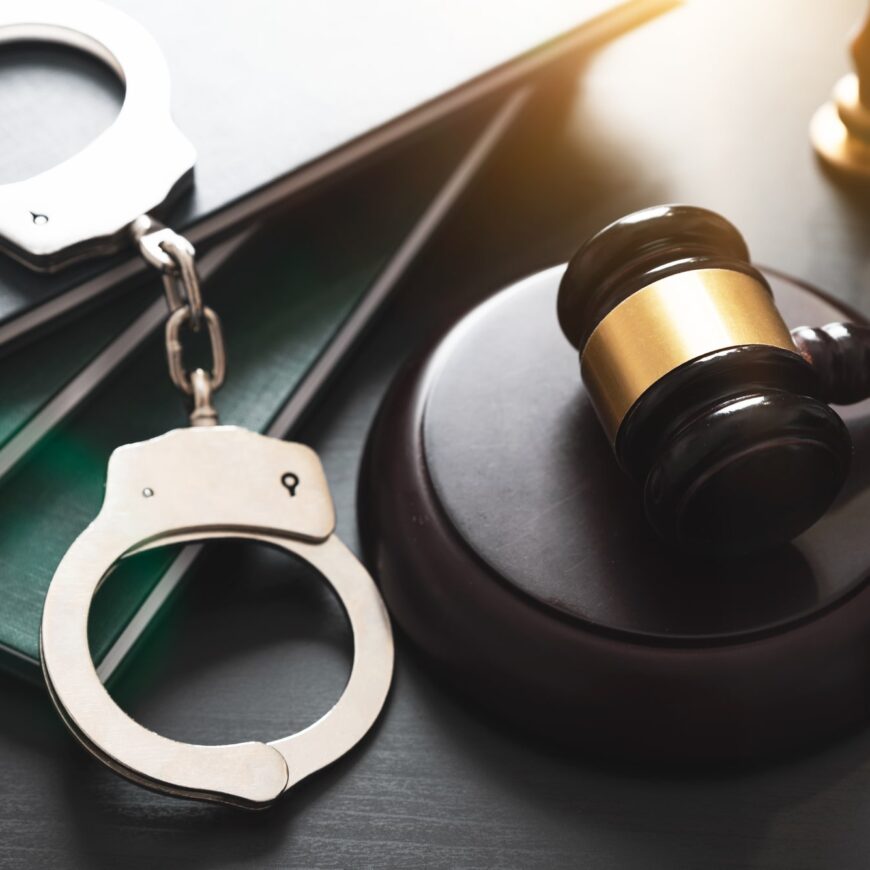Criminal Lawyer
There are a lot of terms related to criminal law that you may have heard on numerous occasions but may not really understand what they mean. This might be especially true if you have never been arrested or appeared before the court before. An arraignment is not a trial, but it is an important proceeding to set the stage for the criminal justice proceeding to follow.
What Happens at an Arraignment?
An arraignment is a proceeding in which the judge advises you of the charges against you, as well as your constitutional rights. Once you know the charges you are facing, you then have the opportunity to enter your plea. Your options are to plead guilty, not guilty, or no contest.
If you decide to plead guilty, the judge may sentence you at the arraignment if it is a relatively minor charge. If you plead not guilty, the state has to prove the case against you, and the prosecution must share the available evidence with you and your attorney if you have one.
A plea of no contest is a little less straightforward. When you plead no contest, you do not admit guilt, but you acknowledge that the prosecutor has enough evidence to prove the case against you. A plea of no contest means that you do not intend to fight the charges, and from there, the next step is usually scheduling a sentencing hearing.
Depending on your plea and other factors, the court may send you to jail to await trial or it may release you. In the latter case, it will probably also set conditions for your release at the arraignment.
Is an Arraignment Always Required?
It depends on where you live and the seriousness of the charges against you. Arraignments are essentially universal for felony charges, but some states dispense with them for misdemeanors.
Do You Need an Attorney Present?
You do not need an attorney at your arraignment. However, you have a right to have one present if desired. Hiring an attorney to represent you at all points of the criminal proceeding is almost always to your advantage.
When Does the Arraignment Take Place?
The Sixth Amendment of the Constitution grants you the right to a speedy trial. Therefore, the arraignment should occur within a reasonable time after the arrest. Similarly, the court and the prosecutor should schedule the trial within a reasonable time frame. Failure to do so may be grounds for you and/or your lawyer to request a dismissal.
A criminal defense attorney in San Mateo, CA can represent you at the arraignment and advise you on how to plead. Contact a law office for more information.
Thanks to the Morales Law Firm for their insight into criminal law and arraignments.


